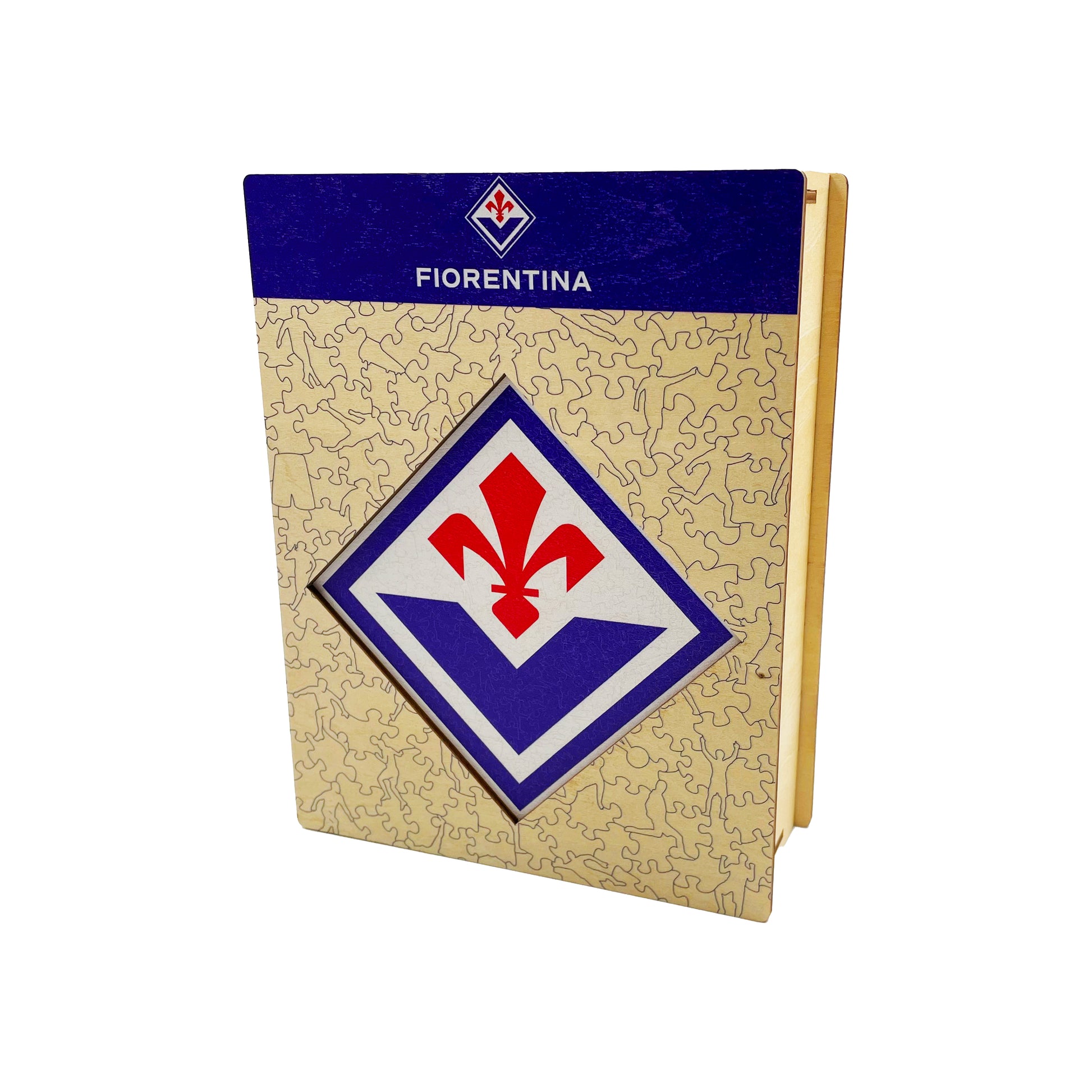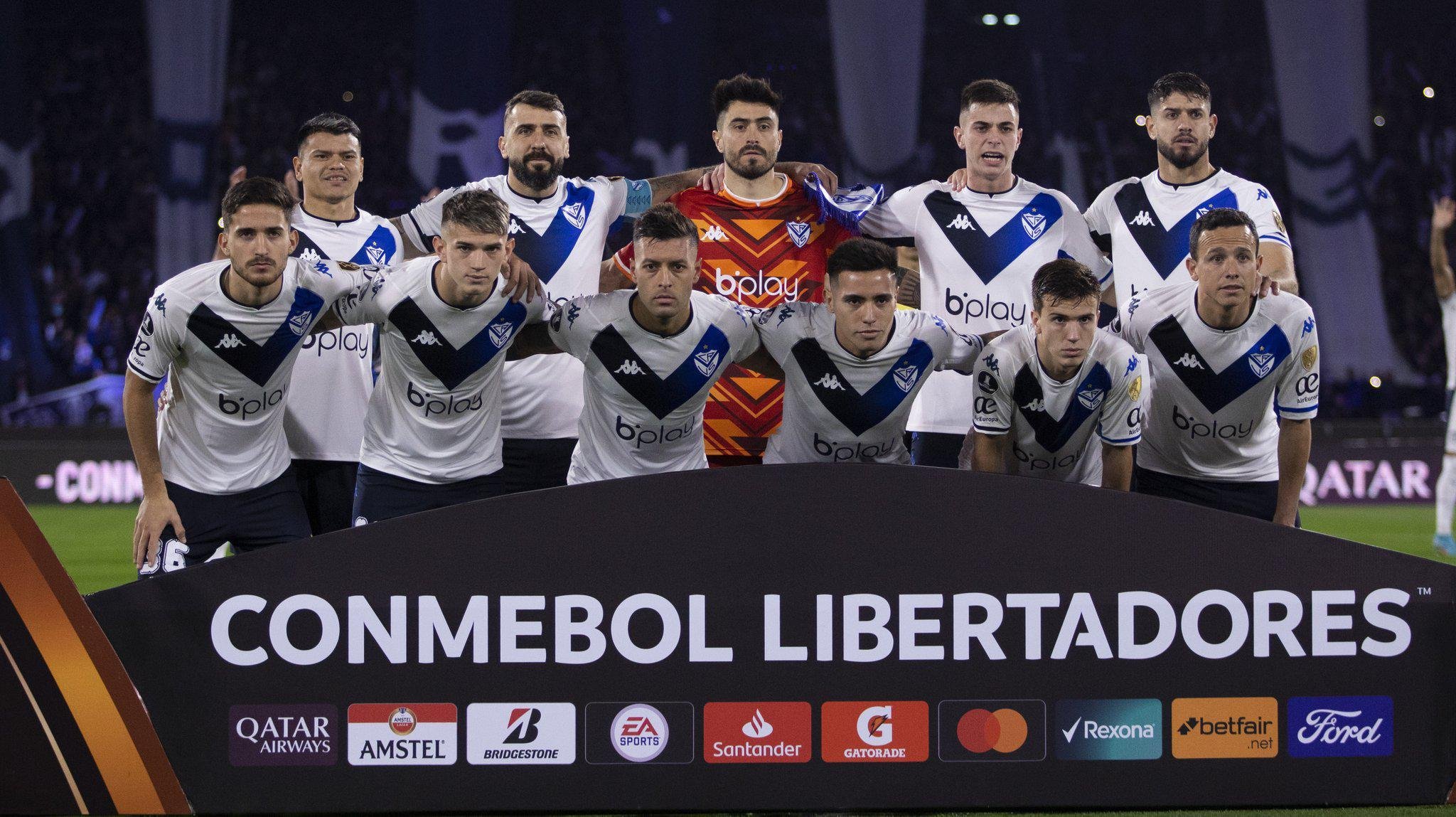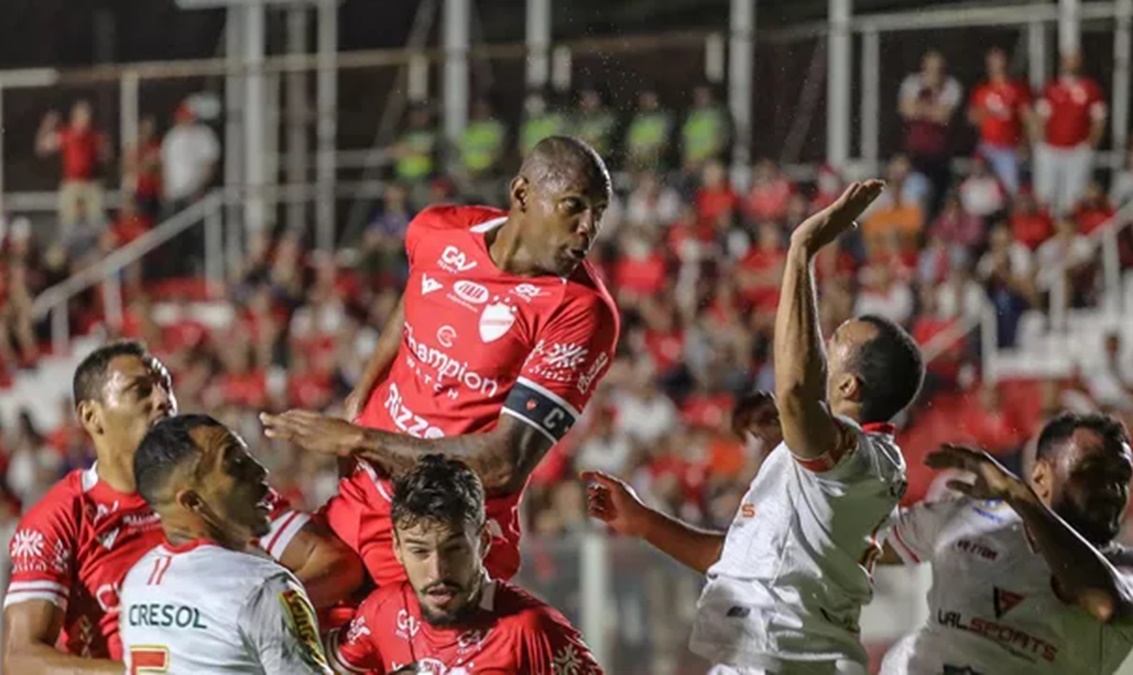The Rivalry Between Verona and Lazio: A Battle of Tradition and Ambition
Por um escritor misterioso
publicado em dezembro/22/2024
:quality(70)/cloudfront-us-east-1.images.arcpublishing.com/prisaradiomx/WWTWO5BOWBFWXIDCCYVPZL4GUM.jpeg)
Explore the fierce rivalry between Verona and Lazio, two historic Italian football clubs with contrasting legacies and aspirations.


Verona, based in the city of Verona in northern Italy, has a rich football tradition that spans over a century. The club has experienced both glorious highs and devastating lows throughout its existence. Verona's most successful period came in the 1980s when they won their first and only Serie A title in the 1984-85 season under the management of Osvaldo Bagnoli. This triumph remains one of the greatest achievements in the club's history and is etched in the hearts of Verona fans.
In contrast, Lazio is based in Rome, the capital city of Italy, and is renowned for its passionate fan base and ambitious nature. The club has a more recent history of success, winning several domestic titles and competing at the highest level in European competitions. Lazio's golden era occurred in the late 1990s and early 2000s under the management of Sven-Göran Eriksson, when they won Serie A twice and lifted the Coppa Italia multiple times.
The clashes between Verona and Lazio on the football pitch are often feisty affairs, with both teams giving their all to claim victory. The rivalry between these two clubs goes beyond just football and reflects the cultural divisions between the north and south of Italy. Verona represents the tradition and history of Italian football, while Lazio symbolizes the ambition and drive to achieve greatness.
When Verona and Lazio face each other, there is an intensity that permeates the atmosphere. The stadiums are filled with passionate supporters who passionately cheer on their respective teams. The players themselves are fully aware of the significance of this fixture and strive to make a lasting impact on the game.
Off the field, the rivalry between Verona and Lazio can sometimes boil over into controversy. Incidents of fan violence have occurred in the past, further fueling the animosity between the two sets of supporters. However, both clubs have taken steps to address these issues and promote a more positive environment around their matches.
Despite their differences, Verona and Lazio share a common goal of success in Italian football. While Verona may not have the financial resources or star-studded squad that Lazio possesses, they rely on their fighting spirit and determination to overcome the odds. Lazio, on the other hand, strives for continued success and aims to cement its position among the elite clubs in Italy.
In conclusion, the rivalry between Verona and Lazio is a captivating clash between tradition and ambition. It represents the essence of Italian football, where history and culture collide with ambition and aspiration. Whether on the field or off it, these two clubs continue to fuel a fierce rivalry that captivates fans and keeps football enthusiasts on the edge of their seats.





ACF Fiorentina® Logo - Wooden Puzzle – Iconic Puzzles

Ex-Grêmio brilha, e Fenerbahçe vence na fase prévia da Liga Europa
Verona and Lazio, two prominent football clubs in Italy, have a long-standing rivalry that dates back several decades. This rivalry is not only characterized by intense on-field duels but also by the contrasting history, culture, and ambitions of the respective clubs.Verona, based in the city of Verona in northern Italy, has a rich football tradition that spans over a century. The club has experienced both glorious highs and devastating lows throughout its existence. Verona's most successful period came in the 1980s when they won their first and only Serie A title in the 1984-85 season under the management of Osvaldo Bagnoli. This triumph remains one of the greatest achievements in the club's history and is etched in the hearts of Verona fans.
In contrast, Lazio is based in Rome, the capital city of Italy, and is renowned for its passionate fan base and ambitious nature. The club has a more recent history of success, winning several domestic titles and competing at the highest level in European competitions. Lazio's golden era occurred in the late 1990s and early 2000s under the management of Sven-Göran Eriksson, when they won Serie A twice and lifted the Coppa Italia multiple times.
The clashes between Verona and Lazio on the football pitch are often feisty affairs, with both teams giving their all to claim victory. The rivalry between these two clubs goes beyond just football and reflects the cultural divisions between the north and south of Italy. Verona represents the tradition and history of Italian football, while Lazio symbolizes the ambition and drive to achieve greatness.
When Verona and Lazio face each other, there is an intensity that permeates the atmosphere. The stadiums are filled with passionate supporters who passionately cheer on their respective teams. The players themselves are fully aware of the significance of this fixture and strive to make a lasting impact on the game.
Off the field, the rivalry between Verona and Lazio can sometimes boil over into controversy. Incidents of fan violence have occurred in the past, further fueling the animosity between the two sets of supporters. However, both clubs have taken steps to address these issues and promote a more positive environment around their matches.
Despite their differences, Verona and Lazio share a common goal of success in Italian football. While Verona may not have the financial resources or star-studded squad that Lazio possesses, they rely on their fighting spirit and determination to overcome the odds. Lazio, on the other hand, strives for continued success and aims to cement its position among the elite clubs in Italy.
In conclusion, the rivalry between Verona and Lazio is a captivating clash between tradition and ambition. It represents the essence of Italian football, where history and culture collide with ambition and aspiration. Whether on the field or off it, these two clubs continue to fuel a fierce rivalry that captivates fans and keeps football enthusiasts on the edge of their seats.

Diseño de interiores de casas modernas

Barcelona-Real Madrid: minuto a minuto del clásico de Liga
Vélez Sarsfield x Flamengo: veja onde assistir, escalação e mais! - TecMundo

CBF divulga tabela do Brasileirão Feminino 2022 – Esportes
